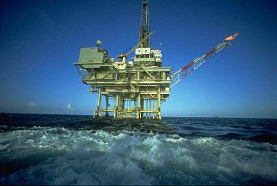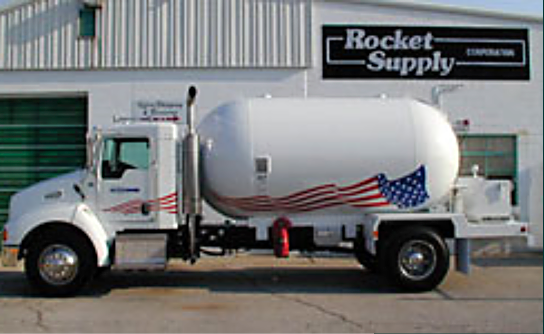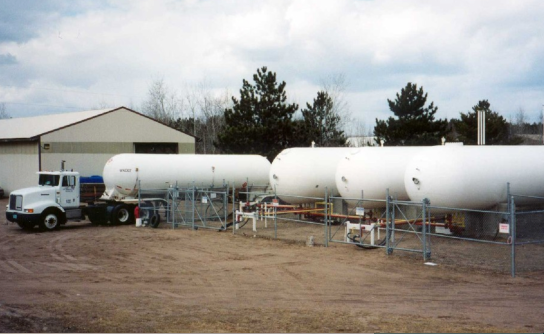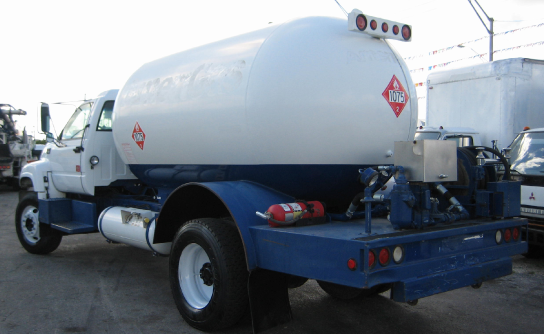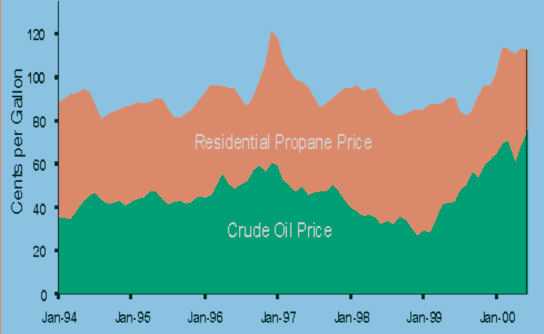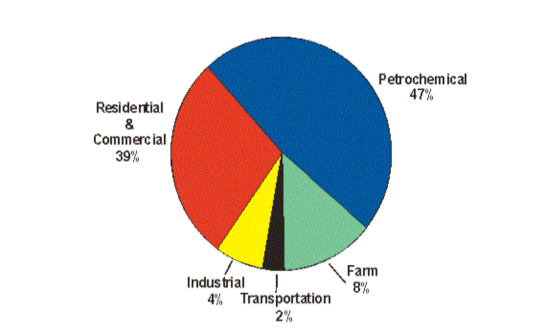Quadro Beta
What is propane?
Overview
A unique feature of Propane is that it is not produced for its own sake, but is a by-product of two other processes, natural gas processing and petroleum refining.
Natural gas plant production of propane primarily involves extracting materials such as propane and butane from natural gas to prevent these liquids from condensing and causing operational problems in natural gas pipelines.
Demand is met by imports of propane and by using stored inventories. Although imports provide the smallest (about 10 percent) component of U.S. propane supply, they are vital when consumption exceeds available domestic supplies of propane. Propane is imported by land (via pipeline and rail car from Canada) and by sea (in tankers from such countries as Algeria, Saudi Arabia, Venezuela, Norway, and the United Kingdom).
What influence Propane Prices?
Propane prices are subject to a number of influences, some are common to all petroleum products, and others are unique to propane. Because propane is portable, it can serve many different markets, from fueling barbecue grills to producing petrochemicals. The price of propane in these markets is influenced by many factors, including the prices of competing fuels in each market; the distance propane has to travel to reach a customer; and the volumes used by a customer. Propane prices are affected by:
- Crude Oil and Natural Gas Prices
- Supply/Demand Balance
- Proximity of Supply
- Markets Served
